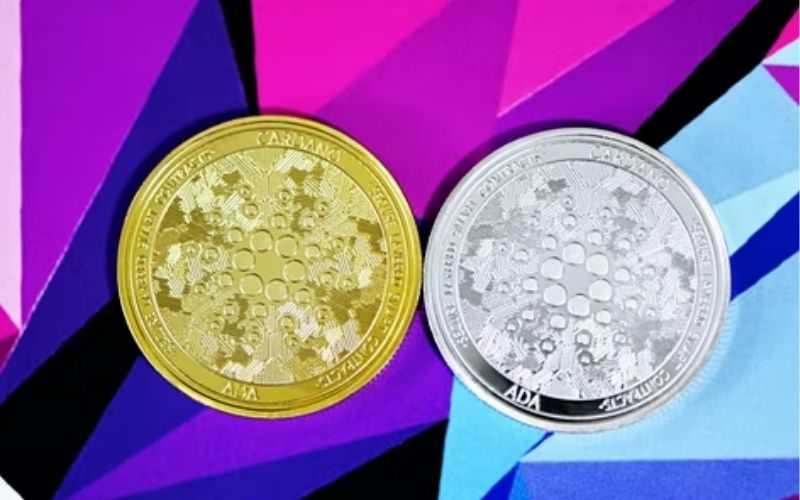The creator of the ADA has declared the release of a new resource area for Plutus DApp developers, following in the footsteps of Input Output Global (IOG) and their announcement of the introduction of the world’s first blockchain decentralisation index.
IOG announced on November 22 that the Cardano Docs website now includes a page where novices can learn more about decentralized applications (DApps) and where advanced developers can access a list of resources for constructing DApps utilizing Plutus smart contracts.
In addition, this part explains in simple language and with accompanying graphics what Plutus scripts are, how they are made, how they function, and how they are used to build DApps. You may find the Plutus Tx compiler, as well as intermediate language tools and the Plutus Core programming language, among the available resources.
Tutorials and instructions on topics like developing a scalable Plutus software, expanding the core Plutus app using the constraints API, testing Plutus contracts, assessing the cost and size of Plutus scripts, and integrating Plutus into one’s own web applications are all readily available to developers.
The current development fits with Cardano’s intentions for the near future, which seek to “guarantee that education [about blockchain] becomes much more available, consumable, and accessible in many languages and delivery modalities,” according to Frederik Gregaard, CEO of the Cardano Foundation.
Recently, IOG and the University of Edinburgh announced their intention to create the first blockchain decentralization index, to be called the Edinburgh Decentralization Index (EDI), with the intention of creating a transparent system for grading the decentralization of public blockchain efforts.
Previously, the inventor of Cardano, Charles Hoskinson, expressed his unhappiness with current crypto initiatives that market themselves as decentralized without really comprehending the notion. According to him, decentralization needs to be governed by resilience, control, and dependability.
Last week, Finbold revealed that the number of Cardano wallets increased by 33,097 in a single week. Cardano’s wallet count has increased by 55,667 since November 13, according to statistics from Cardano Blockchain Insights, bringing the total to 3,727,189 as of press time.
Also Read: Teams Working On Ethereum Clients Conduct Devnet Withdrawal Staking Tests


Comments are closed.